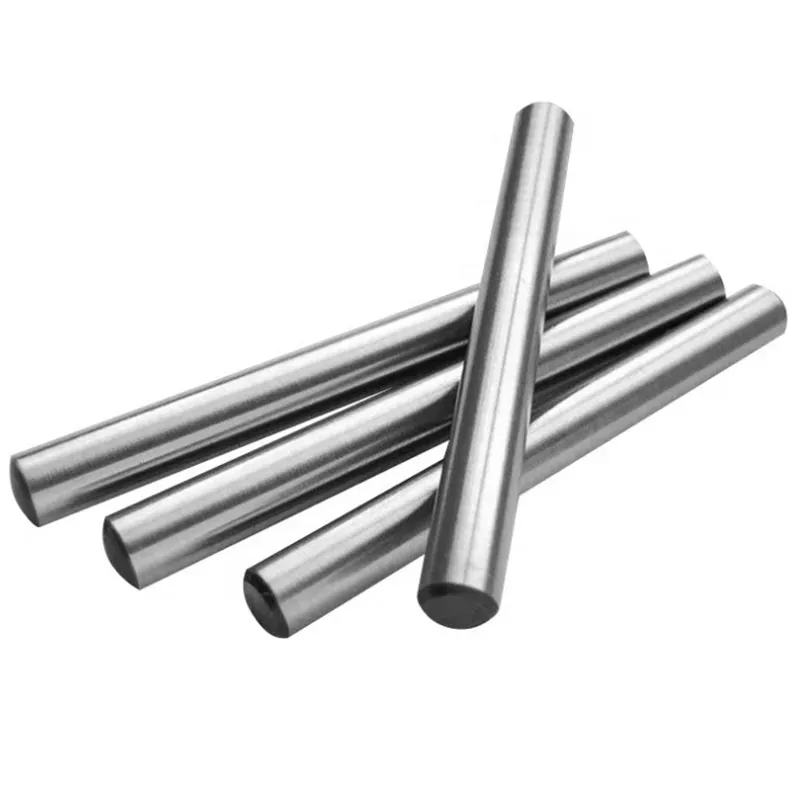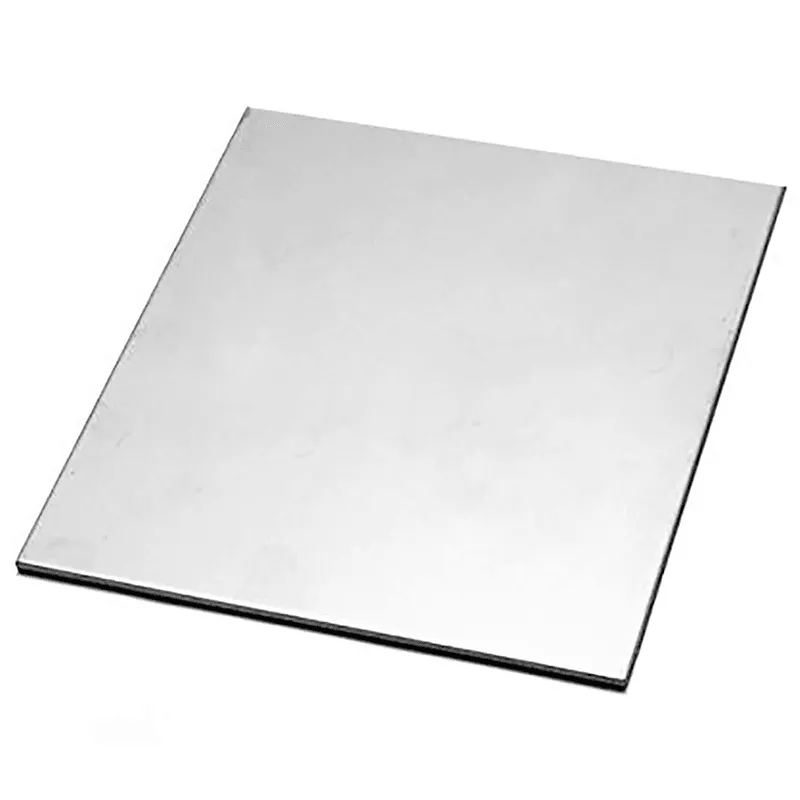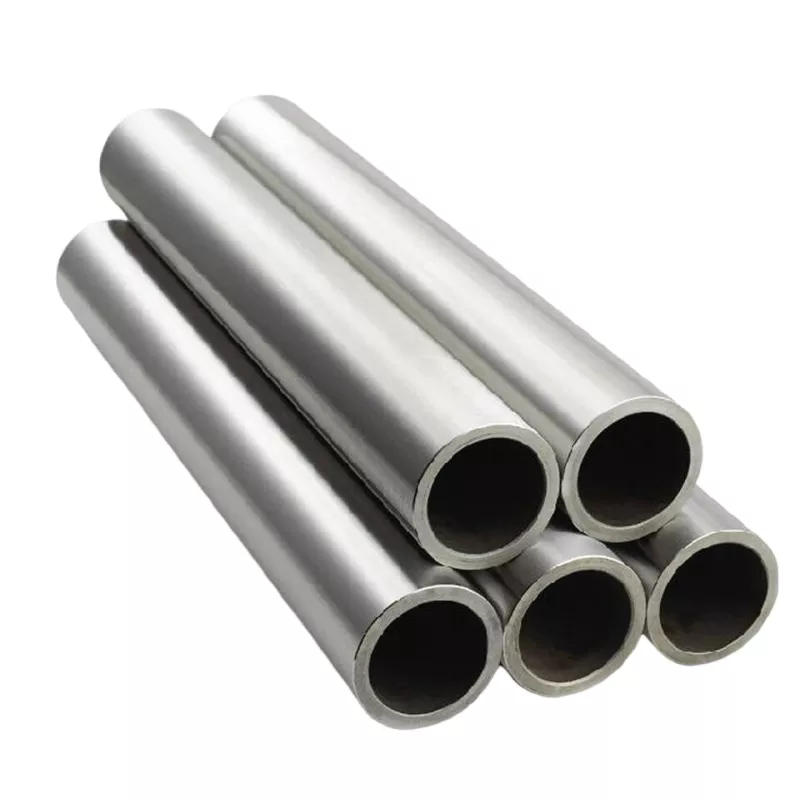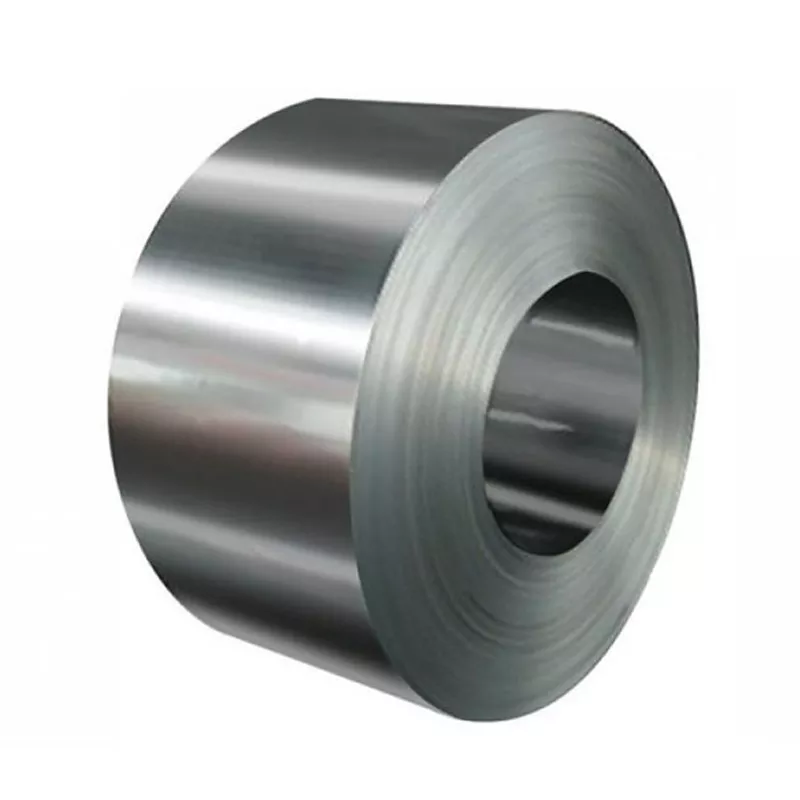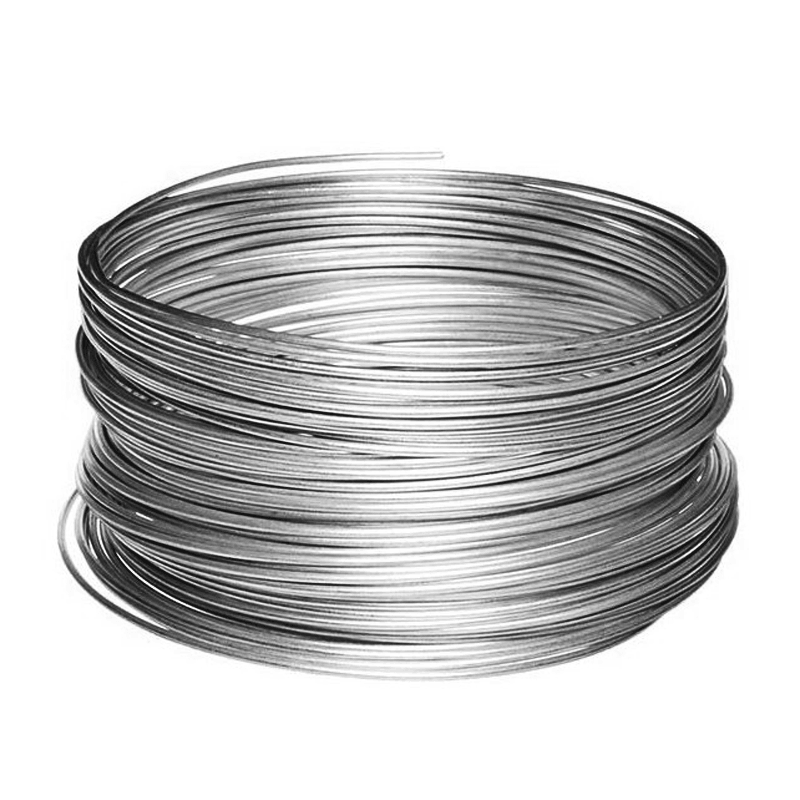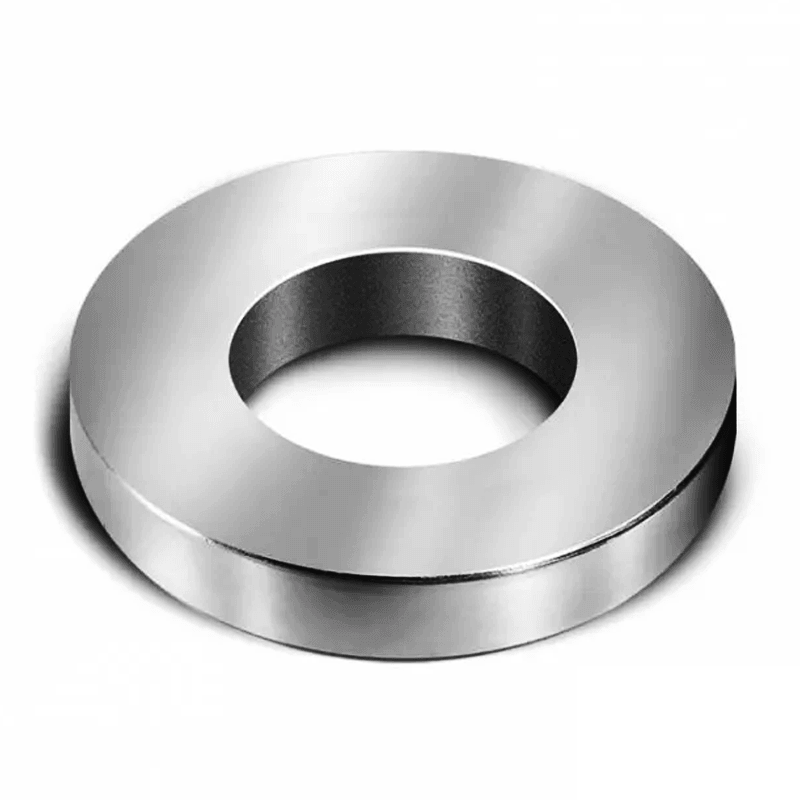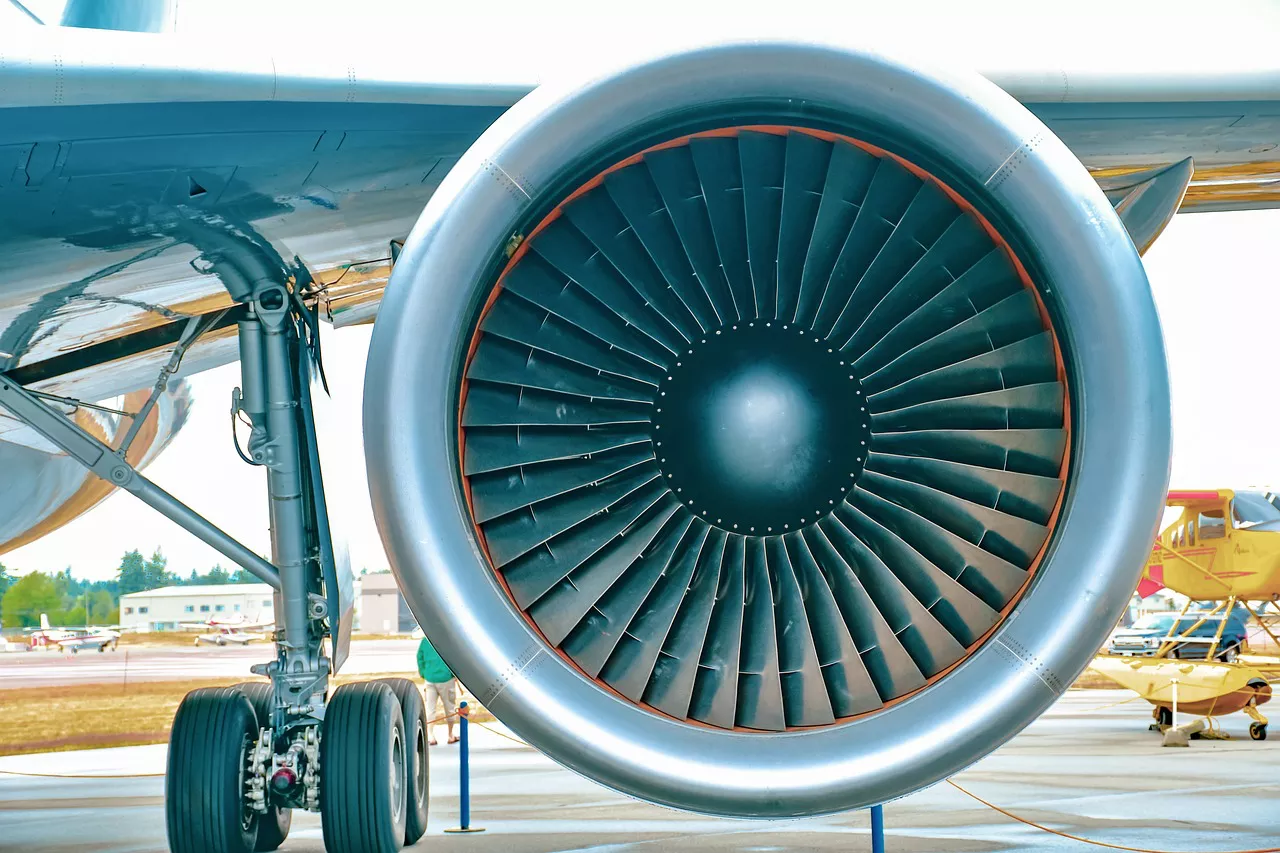The application of titanium alloys in the aviation industry is divided into aircraft structural titanium alloys and engine structural titanium alloys. In aerospace, titanium alloys are mainly used as structural and container manufacturing materials for rockets, missiles and spacecrafts. The use temperature requirements of titanium alloys for aircraft structures are generally below 350°C, and they are required to have high specific strength, good toughness, excellent fatigue resistance, and good welding process performance. Titanium alloys for engines are required to have high specific strength, good thermal stability, oxidation resistance, creep resistance and other properties. In addition to the performance requirements of aerospace titanium alloys, aerospace vehicles also require high temperature resistance and radiation resistance.
(1) Reduce structural weight and improve structural efficiency: Advanced combat performance (such as supersonic aircraft) requires the aircraft to have a relatively low structural weight coefficient (i.e.: body structural weight/normal take-off weight of the aircraft), and titanium alloys have a strength close to Medium-strength steel but low density can replace structural steel and high-temperature alloys, which can greatly reduce the weight of the structure and save costs. Taking engines as an example, statistics show that for every kilogram reduction in the mass of an aircraft engine, the cost of use Can be reduced by about $220-440.
- (2) Meet the requirements for use in high-temperature parts: Titanium alloys have good heat resistance. For example, the commonly used Ti-6Al-4V can work at 350°C for a long time, so it can be used in high-temperature parts of the aircraft (such as the rear fuselage, etc.) It replaces aluminum alloys that cannot meet the requirements due to high temperature performance; TC11 can work at 500°C for a long time and can replace high-temperature alloys and stainless steel in the compressor part of the engine.
- (3) Comply with the requirements of matching the composite material structure: In order to reduce the structural weight and meet the stealth requirements, advanced aircraft use a large number of composite materials. The strength and stiffness of titanium alloy and composite materials match well, and can achieve good weight reduction effects. . At the same time, because the potentials of the two are relatively close, galvanic corrosion is not easy to occur, so the structural parts and fasteners in the corresponding parts should be made of titanium alloy.
- (4) Meet the requirements of high corrosion resistance and long life: Titanium alloy has high fatigue life and excellent corrosion resistance, which can improve the corrosion resistance and life of the structure and meet the high reliability and long life of advanced aircraft and engines. requirements.

